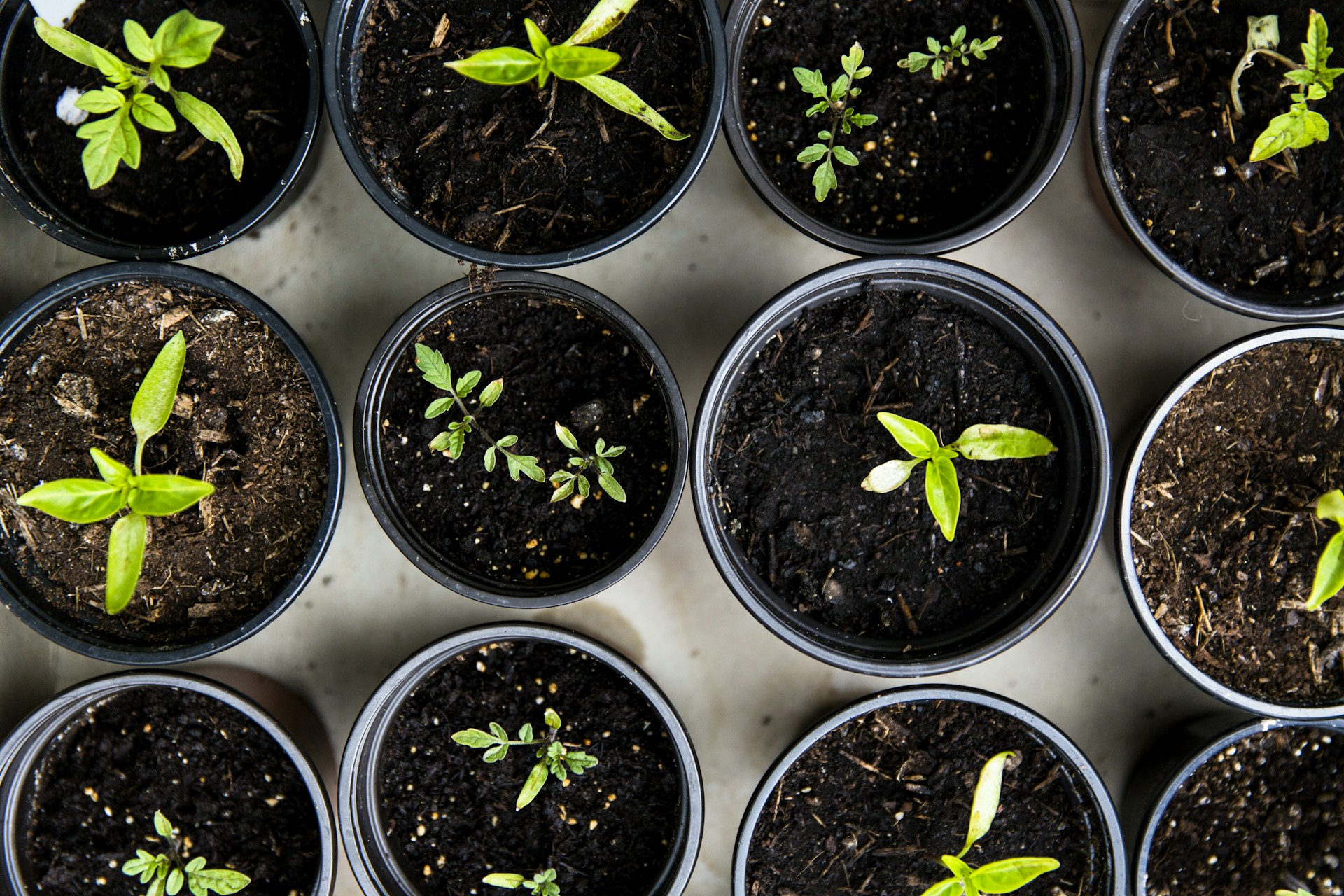
The Science Behind Gardening and Stress Relief
Discover how gardening supports mental wellness through science. Learn how growing plants reduces cortisol, boosts mood, and creates a calming, mindful routine—even in small spaces.
MENTAL HEALTH GARDENING
P + P
6/27/20253 min read


The Science Behind Gardening and Stress Relief
Explore the research showing how gardening lowers cortisol levels and promotes relaxation.
Disclosure: As an Amazon Associate, I earn from qualifying purchases. Some of the links in this post may be affiliate links, which means I may earn a small commission at no extra cost to you.
In a fast-paced, screen-filled world, more people are turning to the garden as a sanctuary for mental well-being. But beyond the peaceful aesthetic and quiet satisfaction, science now confirms what gardeners have known for centuries: gardening is genuinely good for your mental health.
From lowering stress hormones to improving mood, the act of digging in the dirt has measurable psychological and physiological benefits. Let’s explore how gardening can ease your mind, lift your spirits, and even help you feel more connected to yourself and the world around you.
🌿 How Gardening Affects the Brain and Body
🧠 1. Reduces Cortisol, the Stress Hormone
Cortisol is your body’s primary stress hormone. While it plays a useful role in fight-or-flight situations, chronically elevated cortisol is linked to anxiety, depression, weight gain, and poor sleep.
📊 The Research Says:
A 2011 study published in The Journal of Health Psychology found that after just 30 minutes of gardening, participants had significantly lower cortisol levels compared to a control group that read indoors.
🌱 “Gardening can promote relief from acute stress more effectively than other relaxing leisure activities.” — Journal of Health Psychology
🌞 2. Promotes Mindfulness and Flow
Gardening brings you into the present moment—observing soil texture, trimming leaves, feeling the sun on your skin. These physical, repetitive tasks create a meditative state, similar to yoga or tai chi.
This is known as “flow”—a state of calm focus that’s associated with improved cognitive function and reduced rumination (aka looping thoughts).
❤️ 3. Improves Mood and Reduces Symptoms of Depression
Exposure to natural light, physical activity, and achievement (even small wins like new sprouts!) contribute to improved mood. Gardening has even been shown to boost serotonin and dopamine, the brain’s feel-good chemicals.
🌼 One study published in Preventive Medicine Reports found that people who garden regularly report better self-esteem, less depression, and overall improved quality of life.
🌻 4. Strengthens Connection—to Nature and Self
Gardening helps you reconnect with seasonal rhythms, sensory awareness, and your place in the natural world. This connection is a powerful antidote to modern disconnection and stress.
Being in nature—even a small patio garden—has been linked to:
Lower blood pressure
Improved immune function
Better sleep
Greater emotional resilience
🧠 Gardening as a Form of Ecotherapy
Ecotherapy (or nature therapy) is the practice of engaging with nature to support mental health. Gardening is one of the most accessible and effective forms of ecotherapy, and it’s now being used in hospitals, recovery centers, and mental health programs.
Even just touching soil may have benefits: Some studies show that certain soil microbes, like Mycobacterium vaccae, can boost serotonin production and improve mood when inhaled or touched through the skin.
🪴 How to Garden for Stress Relief
You don’t need a big backyard or perfect plan. The goal isn’t perfection—it’s presence.
Try These Tips:
Start small: A pot of herbs or a window box is enough.
Garden without distractions: Leave your phone inside.
Focus on sensory details: Smell the soil, feel the leaves, listen to birds.
Create a ritual: Watering in the morning or checking plants after work.
Garden for joy: Choose plants you love—whether they’re edible, flowering, or just easy.
🌿 The act of caring for something living is an act of self-care.
Final Thoughts
In a world that constantly demands more of us, the garden offers a chance to slow down, breathe, and reconnect. The science is clear: gardening is a powerful, natural way to reduce stress, elevate mood, and support long-term mental health.
So whether it’s a balcony planter or a full backyard plot, grab your trowel and dig in—your body and mind will thank you.
